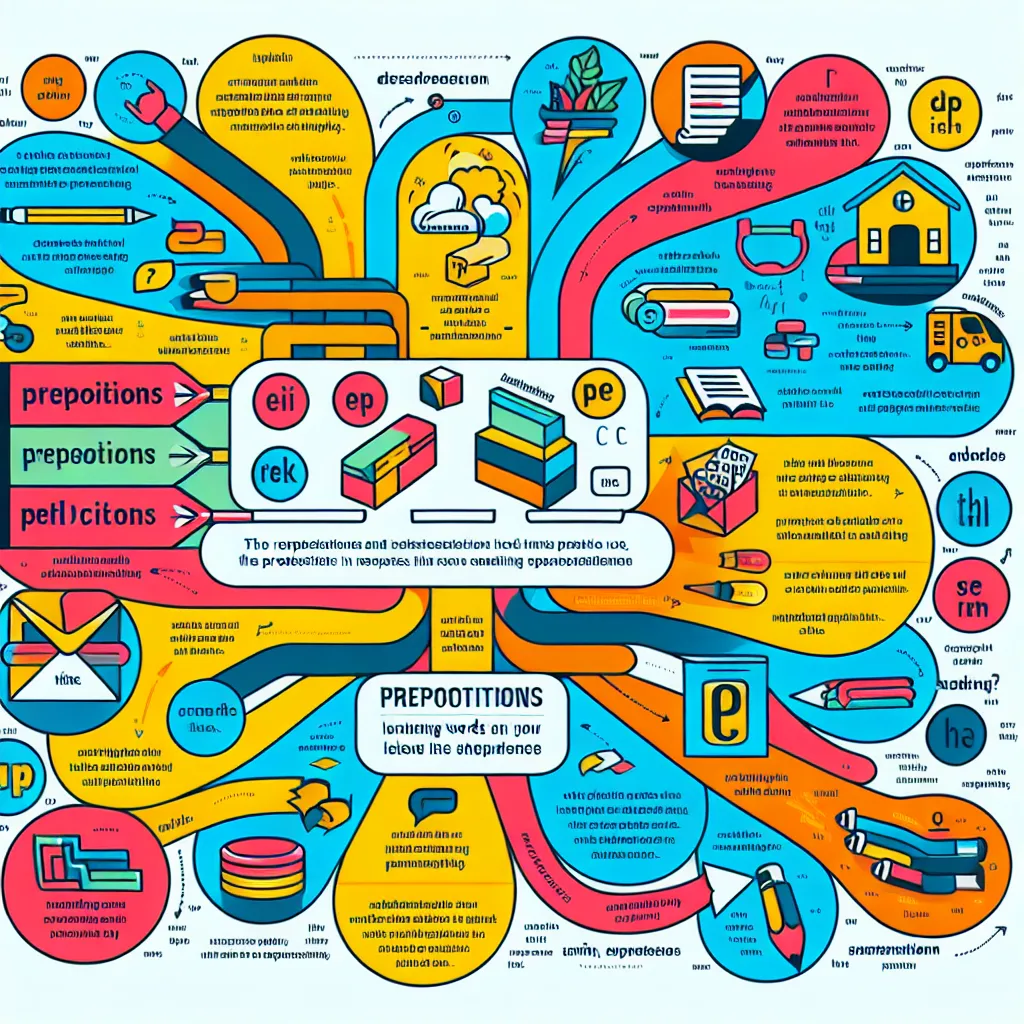Learning grammar at an advanced level requires dedication, strategic planning, and effective techniques. Whether you’re preparing for a high-stakes exam like IELTS or aiming to refine your professional English skills, mastering advanced grammar is crucial. This article will explore the best practices for elevating your grammatical prowess to new heights.
Understanding the Importance of Advanced Grammar
Advanced grammar is the cornerstone of sophisticated language use. It allows for nuanced expression, precise communication, and a deeper understanding of the English language’s intricacies. For those striving to excel in academic or professional settings, a firm grasp of advanced grammar is indispensable.
 Advanced Grammar Importance
Advanced Grammar Importance
Why Focus on Advanced Grammar?
- Enhanced Clarity: Advanced grammar structures help convey complex ideas with precision.
- Professional Advancement: Many high-level positions require excellent command of English.
- Academic Success: Advanced grammar is essential for scholarly writing and research.
- Cultural Understanding: Mastering idioms and nuanced expressions leads to better cross-cultural communication.
Best Practices for Advanced Grammar Learning
1. Immerse Yourself in Authentic Materials
To truly grasp advanced grammar, exposure to authentic, high-quality English is crucial.
- Read extensively from reputable sources like academic journals, quality newspapers (e.g., The Economist, The New York Times), and literary works.
- Listen to podcasts, TED talks, and interviews with experts in various fields.
- Watch documentaries and thought-provoking films with complex dialogues.
By immersing yourself in these materials, you’ll naturally absorb advanced grammatical structures and their contextual usage.
2. Analyze Complex Sentences
Developing an analytical eye for grammar is a key practice. When you encounter complex sentences:
- Break them down into clauses.
- Identify the main and subordinate clauses.
- Examine how different grammatical elements interact.
For example, consider this sentence:
“Despite the challenges faced, which were numerous and often unexpected, the team persevered, ultimately achieving their goals through a combination of resilience and innovative problem-solving techniques.”
Analysis:
- Main clause: “the team persevered”
- Subordinate clause: “Despite the challenges faced”
- Relative clause: “which were numerous and often unexpected”
- Participial phrase: “ultimately achieving their goals”
- Prepositional phrase: “through a combination of resilience and innovative problem-solving techniques”
This practice enhances your understanding of how complex ideas are structured grammatically.
3. Focus on Problematic Areas
Identify your weak spots in grammar and target them specifically. Common advanced grammar challenges include:
- Conditional structures (e.g., mixed conditionals)
- Complex tense usage (e.g., perfect continuous forms)
- Subjunctive mood
- Inversion for emphasis
- Cleft sentences
Create focused study sessions on these areas. For instance, if you struggle with mixed conditionals, dedicate time to understanding their formation and practice using them in various contexts.
4. Utilize Advanced Grammar Resources
Leverage high-quality resources designed for advanced learners:
- Grammar reference books: “Advanced Grammar in Use” by Martin Hewings
- Online platforms: Grammar.com, EnglishPage.com
- Academic writing guides: “The Chicago Manual of Style”
These resources offer in-depth explanations and practice exercises tailored for advanced learners.
5. Practice Through Writing and Speaking
Active application of grammar knowledge is crucial.
- Writing: Compose essays, reports, or articles regularly. Focus on incorporating advanced structures you’ve learned.
- Speaking: Engage in debates, presentations, or discussions where you can use complex grammatical forms.
For writing practice, you might find our guide on how to improve grammar in formal reports particularly helpful.
6. Seek Expert Feedback
Regular feedback from advanced speakers or language professionals is invaluable.
- Join writing workshops or speaking clubs.
- Work with a tutor specializing in advanced English.
- Participate in online forums where language experts provide feedback.
Constructive criticism helps identify subtle errors and refine your grammar usage.
 Expert Feedback Session
Expert Feedback Session
7. Explore Corpus Linguistics
Corpus linguistics tools provide insights into how language is actually used by native speakers.
- Use the Corpus of Contemporary American English (COCA) or the British National Corpus (BNC).
- Search for specific phrases or grammatical structures to see authentic usage examples.
This approach helps you understand the nuances and frequencies of various grammatical forms in real-world contexts.
8. Engage in Contrastive Analysis
Compare English grammar with that of your native language or other languages you know.
- Identify similarities and differences in structure.
- Recognize potential areas of interference or confusion.
This practice deepens your understanding of English grammar and helps prevent common errors caused by language transfer.
9. Master the Art of Paraphrasing
Paraphrasing exercises are excellent for honing advanced grammar skills.
- Take complex sentences and rewrite them using different grammatical structures.
- Practice expressing the same idea in multiple ways, focusing on clarity and concision.
This skill is particularly useful for academic writing and can significantly improve your grasp of advanced grammar. For more on this, check out our advanced English learning tips.
10. Utilize Technology Wisely
While technology shouldn’t replace traditional learning methods, it can be a valuable supplement.
- Use grammar checking tools like Grammarly or ProWritingAid, but always critically evaluate their suggestions.
- Explore language learning apps with advanced grammar modules.
- Participate in online grammar forums and discussions.
Remember, these tools are aids, not substitutes for deep understanding and practice.
Important Considerations
- Consistency is Key: Regular, focused practice is more effective than sporadic, intensive sessions.
- Context Matters: Always consider the context and register when applying advanced grammar.
- Patience is Crucial: Mastering advanced grammar is a gradual process. Be patient with yourself and celebrate small victories.
Next Steps
After absorbing these best practices:
- Create a personalized study plan focusing on your specific grammar goals.
- Set realistic milestones and track your progress.
- Challenge yourself with increasingly complex materials and exercises.
- Consider taking an advanced English proficiency test to benchmark your skills.
For those interested in applying advanced grammar in specific contexts, our article on how to use advanced grammar in technical documentation offers valuable insights.
Conclusion
Mastering advanced English grammar is a journey that requires dedication, strategic learning, and consistent practice. By implementing these best practices, you’ll be well on your way to achieving grammatical excellence. Remember, the key is not just to know the rules, but to apply them effectively in your communication. Keep challenging yourself, seek continuous improvement, and watch as your language skills reach new heights of sophistication and precision.
We encourage you to share your experiences and questions about learning advanced grammar in the comments below. Your insights could be invaluable to fellow learners on the same journey!




